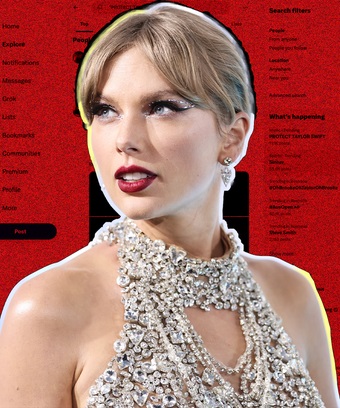Taylor Swift Deepfake Laws

In a recent incident on the platform formerly known as Twitter, disturbing AI-generated images of Taylor Swift flooded the space, highlighting the pressing issue of outdated laws failing to protect women from the psychological harm inflicted by such deepfake content. While the origin of these explicit images remains uncertain, the event underscores the urgent need for legal frameworks to adapt to the rapidly evolving landscape of technology.
This is not an isolated case. Just weeks ago, Xochitl Gomez, a 17-year-old Dancing With The Stars champion and Marvel universe actress, faced a similar ordeal. Discovering sexually explicit deepfake images on Twitter, Gomez struggled to have them removed, questioning the efficacy of existing laws. The inadequacy of legal measures becomes particularly pronounced in the realm of deepfake technology, which disproportionately targets women. According to a report by Sensity AI, 96% of deepfakes are sexually explicit, with an overwhelming 99% featuring women.
The rise of deepfake technology introduces a new dimension of harm for women, becoming a tool for virtual assault on their sexual and bodily autonomy. The internet, once a platform for self-expression, now poses risks merely for uploading a photo on social media, potentially subjecting women to online attacks where their faces become weapons.
The absence of federal laws specifically addressing deepfake pornography exacerbates the challenges faced by victims. While many states have banned revenge porn, the unregulated use of deepfake technology remains a significant concern due to the internet’s vast reach, anonymity, and the lack of comprehensive legal provisions.
Social media platforms, including the one involved in Swift’s case, have policies against deceptive media. Still, the images garnered millions of views before removal, revealing shortcomings in platform moderation. This incident has reignited calls for legislation criminalizing the creation and distribution of deepfake porn.
The Swift episode underscores the vulnerability of even the most powerful women to sexual harassment through deepfake technology, emphasizing the critical need for robust legal measures to safeguard women’s rights in the face of AI-generated abuses.
Repurposed article originally published in Refinery 29



/shethepeople/media/media_files/vnHjWGdGkvccbn0OREg5.png)




